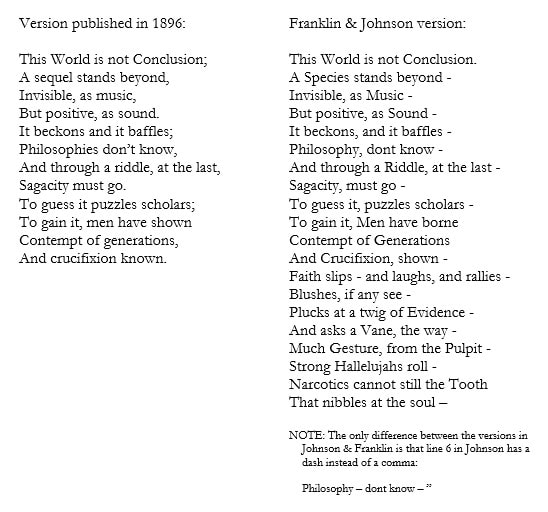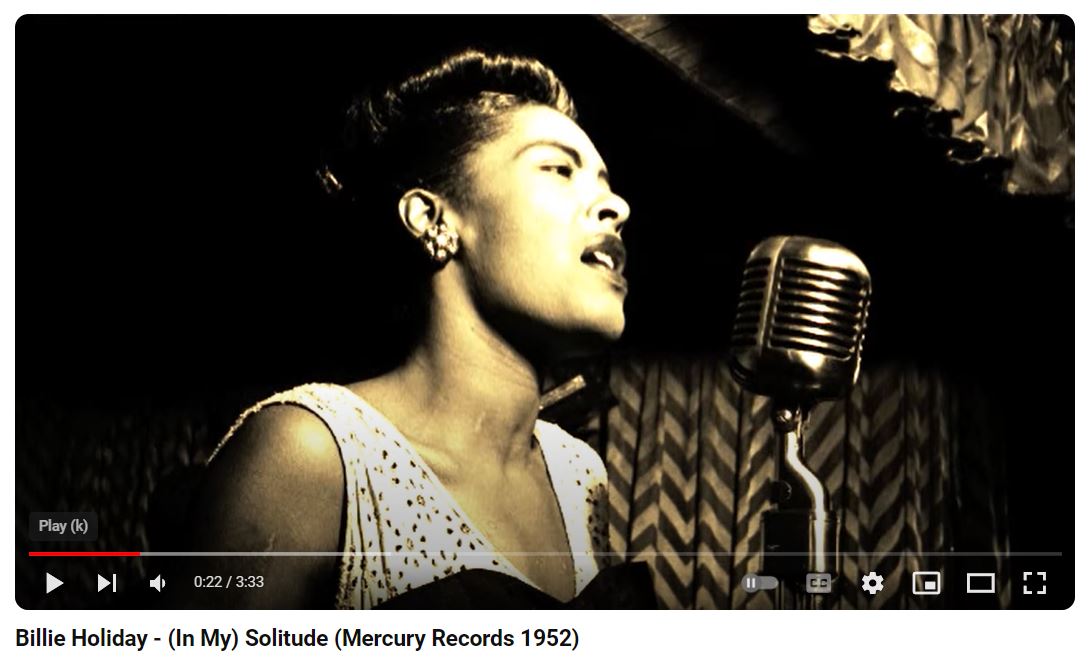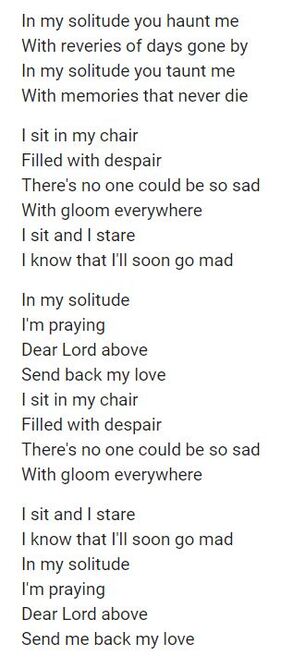| I noted that the fifth stanza is a bit puzzling, because Dickinson seems to suggest that “this Grand Thing” – the dead friend? – “don't remember you.” Plus, she used the contraction “don’t” when she should have used “doesn’t.” Surely Dickinson knows the proper use of “doesn’t,” don’t she? Er…doesn’t she? The contraction “doesn’t” appears in three of Dickinson’s poems: * “Ambition cannot find him,” which begins, “Ambition cannot find him / Affection doesn’t know.” * A poem about children being released from school which begins, “From all the jails the boys and girls / Ecstatically leap, / Beloved, only afternoon / That prison doesn't keep.” * A poem which supports the notion that “ignorance is bliss” begins like this: “How happy is the little stone / That rambles in the road alone, /And doesn't care about careers.” In those three poems, Dickinson used “doesn’t” properly, although from her drafts of the poems, she seemed stuck on the idea that it should be spelled “does’nt" (see below). |
| Why did she do that? Well, to be honest, it don’t matter to me. Hey – that just reminded me of the pop hit “It Don’t Matter to Me” by Bread. ’m sure that songwriter David Gates knew the proper use of “doesn’t” vs. “don’t.” However, Gates’ example shows that a writer might use “don’t” instead of “doesn’t” due to the number of syllables needed in a particular line of poetry or lyric; also, like a deliberate use of a double negative, the jarring use of “don’t” in place of “doesn’t” might call added attention to an idea or topic – like in Dickinson’s poem "This World is not conclusion," the next poem in my Top Ten poems about death and grief (take a look at line 6). What it all comes down to -- like Duke Ellington & lyricist Irving Mills knew all along -- it don't mean a thing if it ain't got that swing. More on "don't" vs. "doesn't" tomorrow. |







 RSS Feed
RSS Feed
